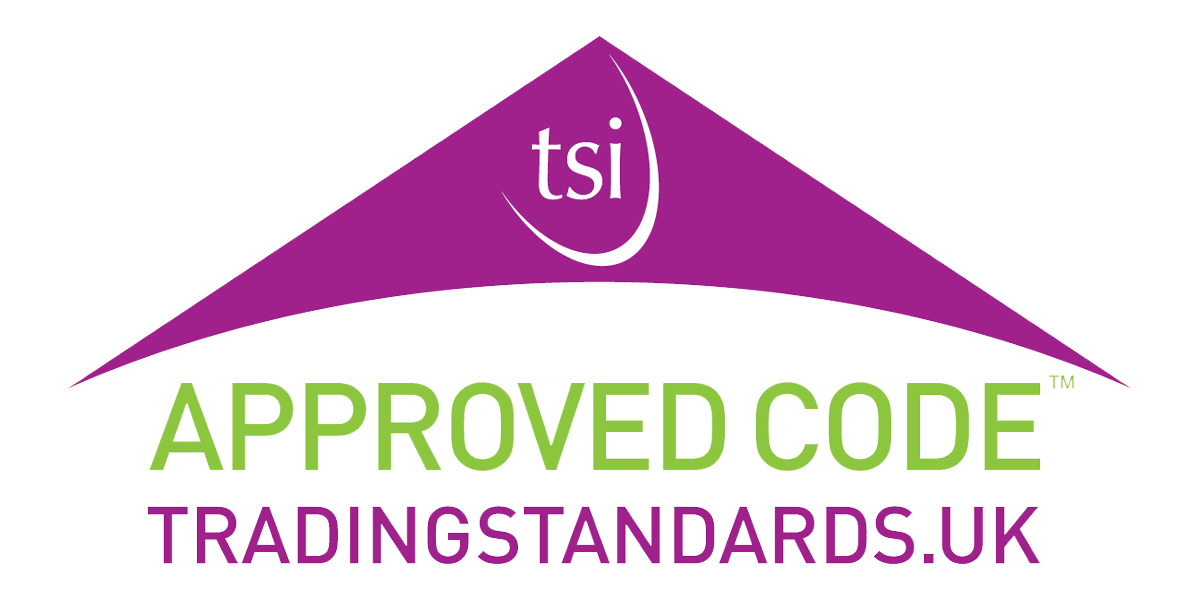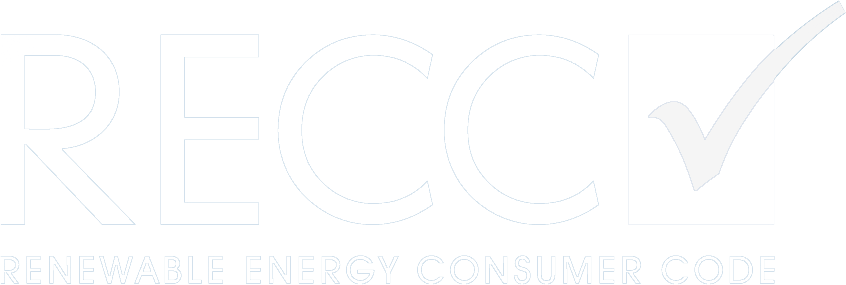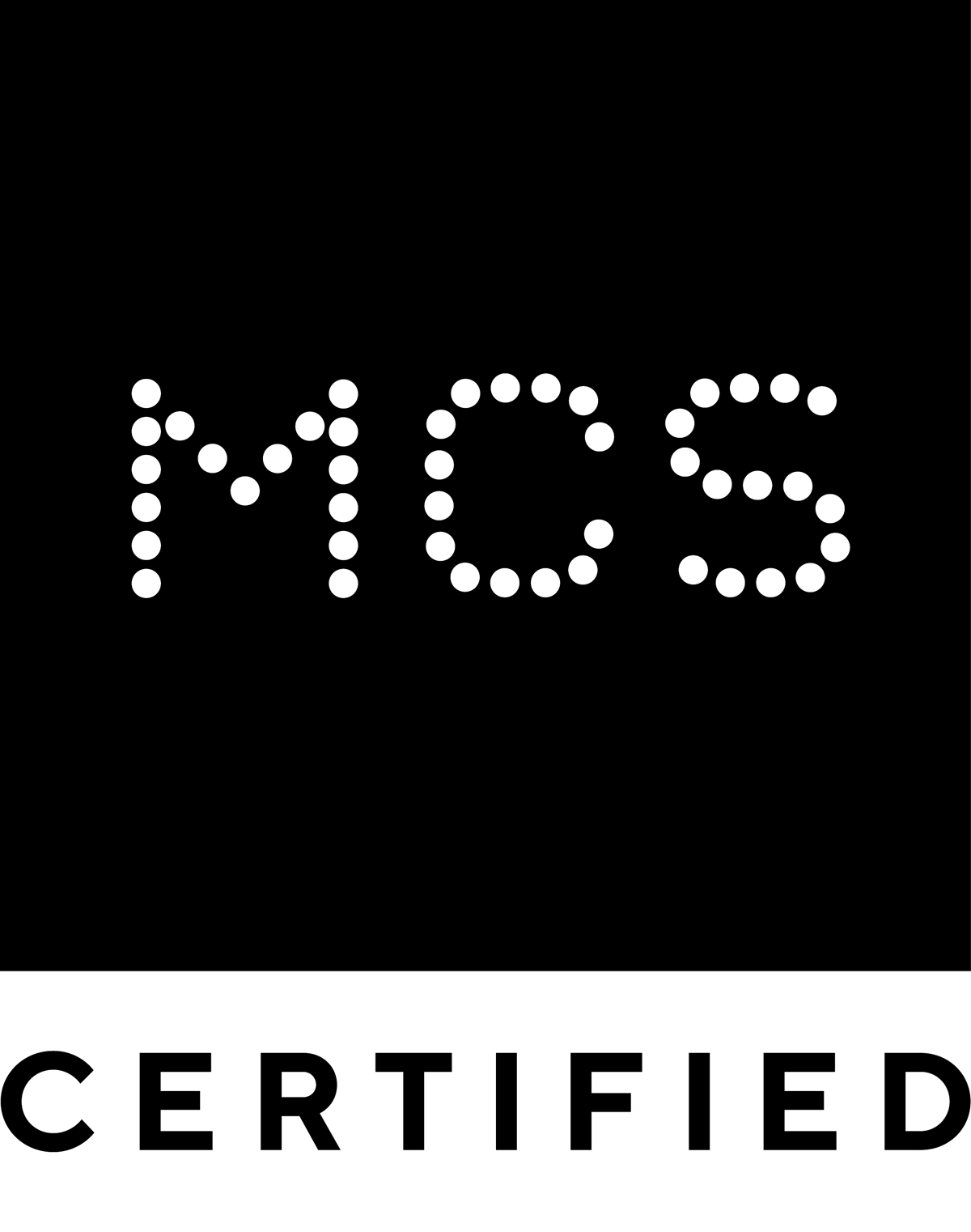As a UK business owner you might be considering the installation of a solar photovoltaic (PV) system to reduce energy costs and enhance your sustainability credentials. However, one of the most pressing questions you probably have is: “How much will it cost?” While the initial investment can seem significant, understanding the costs involved and the potential returns on this investment can help you make an informed decision.
Understanding the Initial Costs
The cost of installing a solar PV system varies depending on several factors, including the size of the system, the type of panels used, the complexity of the installation, and the location of your business premises. Generally, the cost is determined by the number of kilowatts (kW) your system can generate.
For small to medium-sized businesses, a typical solar PV system might range from 10 kW to 50 kW. The average cost per kilowatt for a commercial solar installation in the UK can range from £800 to £1,200.
This means a 10 kW system could cost between £8,000 and £12,000, while a 50 kW system might cost between £40,000 and £60,000.
It’s important to note that larger systems benefit from economies of scale, meaning the cost per kilowatt often decreases as the size of the system increases.
Additional Costs to Consider
Beyond the cost of the panels themselves there are other factors that can influence the total cost of your solar PV system:
- Installation Costs: These include the cost of labor, which can vary depending on the complexity of the installation, such as the height of your building, roof type, and ease of access.
- Inverters and Monitoring Systems: The inverter is a critical component that converts the DC electricity generated by the solar panels into usable AC electricity. High-quality inverters and monitoring systems that track your system’s performance may add to the initial cost but are essential for ensuring optimal efficiency.
- Maintenance Costs: While solar PV systems generally require minimal maintenance it’s wise to factor in occasional cleaning and servicing costs to ensure your system continues to operate efficiently over its 25-30 year lifespan.
Financial Incentives and Support
The upfront cost of a solar PV system can be offset by various financial incentives and support schemes available to businesses in the UK.
One of the most significant is the Enhanced Capital Allowance (ECA) scheme, which allows businesses to claim 100% of the cost of qualifying solar PV systems against their taxable profits in the first year. This can substantially reduce your initial outlay.
Additionally, under the Smart Export Guarantee (SEG) scheme, businesses can earn money by selling excess electricity generated by their solar panels back to the grid. This income can further offset the cost of your system and contribute to your return on investment.
Long-Term Financial Benefits
While the initial investment in a solar PV system might seem substantial, the long-term financial benefits make it a wise investment. Solar panels can reduce your energy bills significantly, particularly if your business consumes a lot of electricity during daylight hours. Over time, these savings can pay back the initial investment, often within 5 to 7 years, depending on the size of the system and energy prices.
Moreover, as energy prices continue to rise, your business will be protected against these increases, providing you with greater financial stability and predictability.
Conclusion
The cost of installing a solar PV system at your business premises is a significant investment but one that offers considerable financial returns and environmental benefits. By understanding the initial costs, taking advantage of financial incentives, and considering the long-term savings, you can make an informed decision that will benefit your business for decades to come.
Investing in solar energy not only reduces your operational costs but also enhances your business’s sustainability profile, making it a smart move for any forward-thinking UK business owner.






